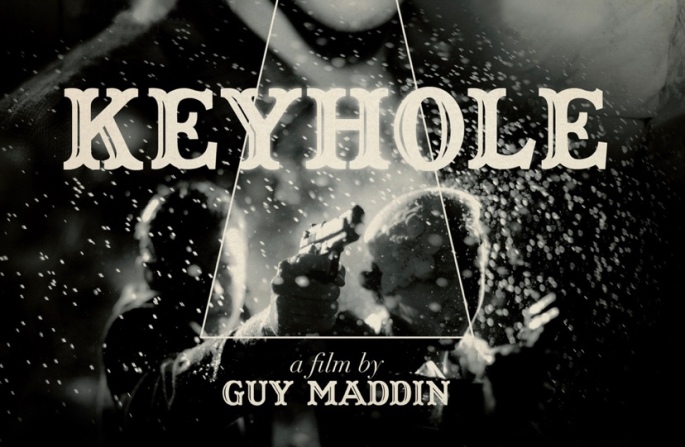
Not since Pirates Of The Caribbean has a monkey named Jack made such a hilarious, adorable and frequently unsettling impression. David Lynch is many things on top of my favourite filmmaker of all time, one being a master of the unexpected surprise, both within any given project he crafts and in the way he presents or markets them to his audience. It’s just like him to quietly sneak a seventeen minute short film onto Netflix on his 74th birthday with little fanfare, but here it is. What Did Jack Do is pure Lynch magic: a police detective (Lynch himself) interrogates a talking monkey (Jack Cruz) who is suspected of murdering farmyard birds, but keeps dodging the man’s questions with enigmatic idioms that have little to do with the overall flow of conversation, or lack thereof. That’s basically it, but the signature style and dreamlike sustained atmosphere makes it feel like so much more than just a short about a talking monkey. Lynch sits, stares, smokes cigarettes and annunciates in that clear, purposeful yet slyly elusive way that only he can. The monkey also sits but gazes around nervously as his mannerisms are animated in that unnerving way that those Annoying Orange videos are, yet somehow it seems not tacky like those were but more lifelike than if they’d used CGI, but that’s Lynch’s gift for unconventional practical effects. He shoots in the same ghostly, stark textured black and white employed in Twin Peaks: The Return and yet again crafts something haunting, mesmeric and subconsciously affecting. His wife makes a cameo playing a waitress who serves them, you guessed it, coffee. At one point Jack breaks out into the kind of otherworldly song routine that immediately reminds one of Lynch’s breakout film Eraserhead. It might sound like I’m detailing too much for a film so short but it doesn’t really matter; you can describe a Lynch film down to its buttons in every detail and the reader would still have no clue of its power until they take the plunge themselves. I’d love to be a fly on the wall in some living room where the folks have no idea who Lynch is or what he’s about and just pick this from the Netflix lineup thinking it’s a cute little monkey documentary, heh.
-Nate Hill


